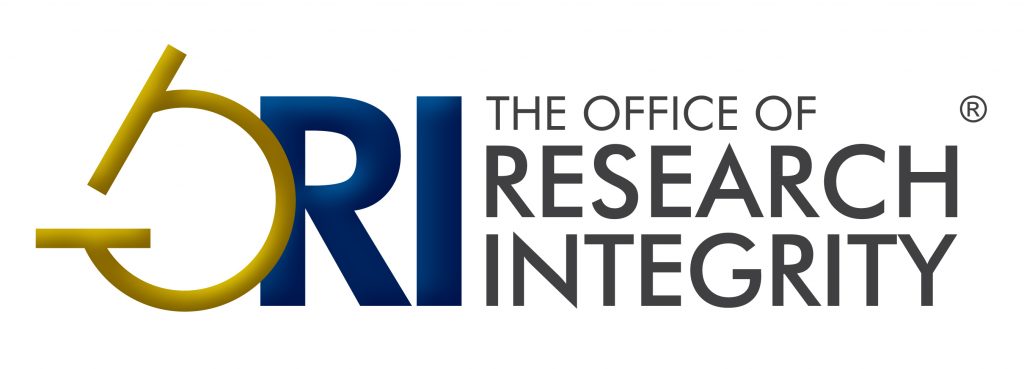
A pediatric infectious disease specialist in California “recklessly” fabricated his data in a 2009 published study and four grant submissions, worth millions of dollars, to the National Institutes of Health, according to the U.S. Office of Research Integrity (ORI).
The federal watchdog said in a settlement agreement published today that Prasadarao Nemani, of Children’s Hospital Los Angeles (CHLA) “engaged in research misconduct by recklessly including falsified and/or fabricated data” in a 2009 paper — retracted in 2018 — and four NIH grant applications.
Specifically, Nemani (who has published under the name Nemani V Prasadarao):
recklessly reported falsified and/or fabricated image data for enterobacterial infection-induced intestinal epithelial cell injury in a neonatal murine model to falsely represent results using images from unrelated experiments in eight (8) figures included in one (1) published paper and four (4) grant applications.
Nemani’s webpage at Keck University School of Medicine at USC is now defunct, but his CHLA email appears to be working. Neither he nor a CHLA spokesperson immediately responded to a request for comment.
Under the terms of the settlement agreement, Nemani, who has received more than $4.2 million in NIH funding since 2010, agreed to have his research supervised for a period of four years. According to ORI:
A committee of 2-3 senior faculty members at the institution who are familiar with Respondent’s field of research, but not including Respondent’s supervisor or collaborators, will provide oversight and guidance for a period of four (4) years from the effective date of the Agreement. The committee will review primary data from Respondent’s laboratory on a quarterly basis and submit a report to ORI at six (6) month intervals, setting forth the committee meeting dates and Respondent’s compliance with appropriate research standards and confirming the integrity of Respondent’s research.
Like Retraction Watch? You can make a tax-deductible contribution to support our work, follow us on Twitter, like us on Facebook, add us to your RSS reader, or subscribe to our daily digest. If you find a retraction that’s not in our database, you can let us know here. For comments or feedback, email us at [email protected].

I know that ORI sanctions are often like this, but the use of the word “recklessly” makes me wonder if the punishment is too lenient. The US Federal government is often rather humorless about fraud, especially when it involves money. If this were bank fraud, someone would likely be going to jail.
Doug: Good observation. [From my (dated) experience] the term “recklessly” is not used as a first resort. It’s use likely reflects an avenue of proof that they were constrained to work with.
Thanks John.